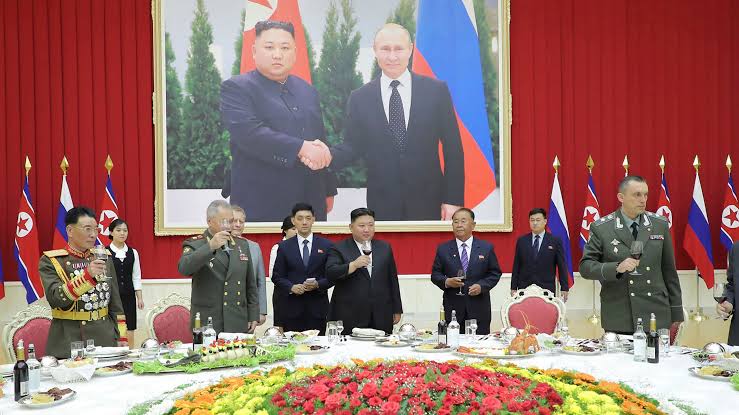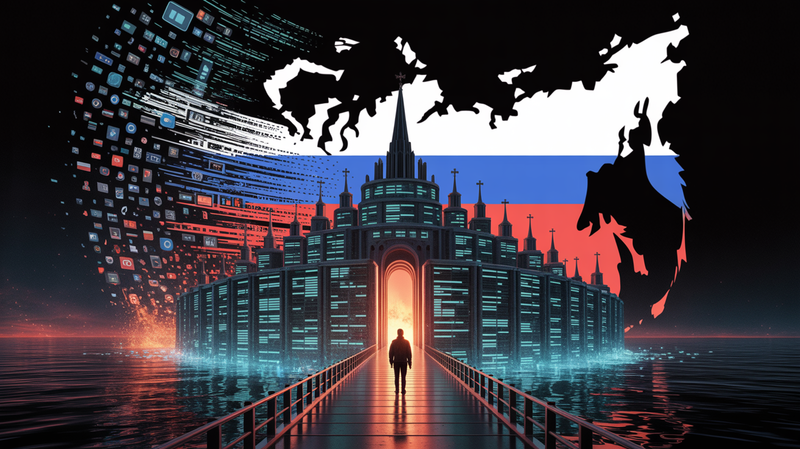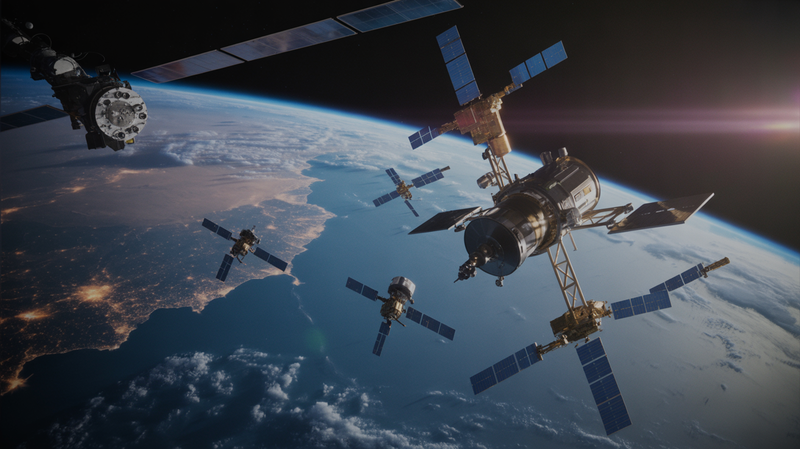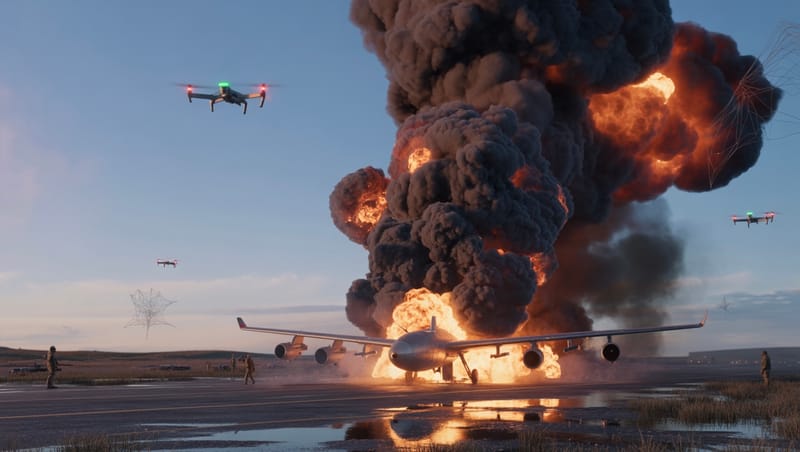A Trilateral Display of Power: North Korea, Russia, and China Unite in Defiance
The recent display of military prowess by North Korea, viewed alongside Russia's Sergei Shoigu and China's Li Hongzhong, has elicited concerns among international observers. It serves as a bold defiance against the United States and, in some ways, signals deepening ties between the Asian nations amid

The recent display of military prowess by North Korea, viewed alongside Russia's Sergei Shoigu and China's Li Hongzhong, has elicited concerns among international observers. It serves as a bold defiance against the United States and, in some ways, signals deepening ties between the Asian nations amid the ongoing war in Ukraine.
On the occasion of a major war anniversary, North Korea revealed its most formidable nuclear-capable missiles in a grand parade. This powerful exhibition, backed by an approving crowd, sent a potent message of North Korea's military capabilities.
This show of force didn't end there. New surveillance and attack drones were unveiled, following a military exhibition attended by North Korean leader Kim Jong Un and Shoigu earlier in the week. The united front painted a daunting image – an evident show of solidarity among these nations.
The alignment between North Korea and Russia concerning the Ukraine war signals a shift in international dynamics. North Korea's backing of Russia's "just struggle" and its critique of the "hegemonic policy" of the US-led West illustrates an emerging strategic relationship among these nations.
Despite accusations from the Biden administration about North Korea providing arms to Russia, the Asian nation has denied these claims. Instead, the camaraderie between North Korea and Russia was on full display as Shoigu delivered a "warm and good letter" from Russian President Vladimir Putin to Kim.
The solidarity between these nations was further underscored by the shared praise between Russian and North Korean defense officials, hinting at potential cooperation in defense sectors.
As North Korea celebrates the 70th anniversary of the Korean War armistice, the military display took on additional symbolic meaning. The nation leverages these festivities to reassert its perceived victory and emphasize its military strength.
Notably, the event witnessed diplomatic engagement between North Korea, Russia, and China, despite the ongoing pandemic. This represents a strategic move on North Korea's part, leveraging the geopolitical tensions to break its diplomatic isolation and create a united front against Washington.
Both Russia and China have resisted US attempts to tighten UN Security Council sanctions on North Korea in light of the latter's missile tests since 2022. Their shared stage at the military parade sends a clear message of defiance and unity to not just the US but the world.
As the war in Ukraine continues, the geopolitical landscape is undeniably shifting. The unity among North Korea, Russia, and China stands as a glaring example of this evolution, possibly heralding a new era of power dynamics in international politics.




